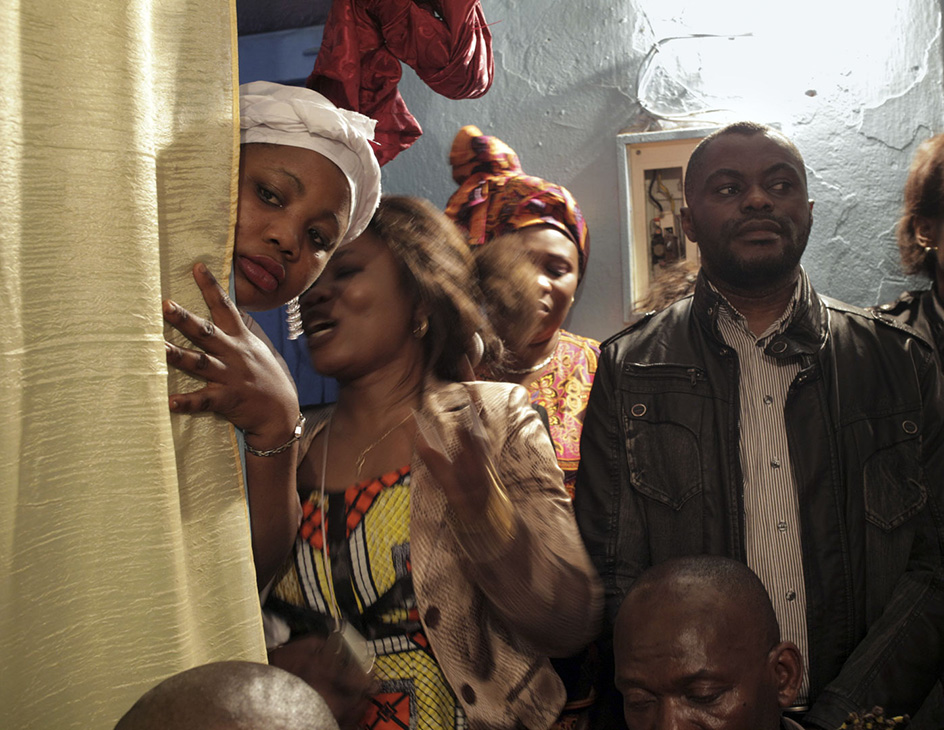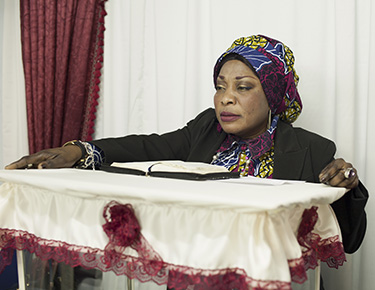 https://agencevu.com/wp-content/uploads/2022/11/NEJM23163-2018CL41.jpg
290
375
Editorial
/wp-content/uploads/2021/05/logo-vert-2.svg
Editorial2022-11-10 12:48:422022-11-14 12:57:20God Will Open the Sea, 2022
https://agencevu.com/wp-content/uploads/2022/11/NEJM23163-2018CL41.jpg
290
375
Editorial
/wp-content/uploads/2021/05/logo-vert-2.svg
Editorial2022-11-10 12:48:422022-11-14 12:57:20God Will Open the Sea, 2022Malik
Malik Nejmi
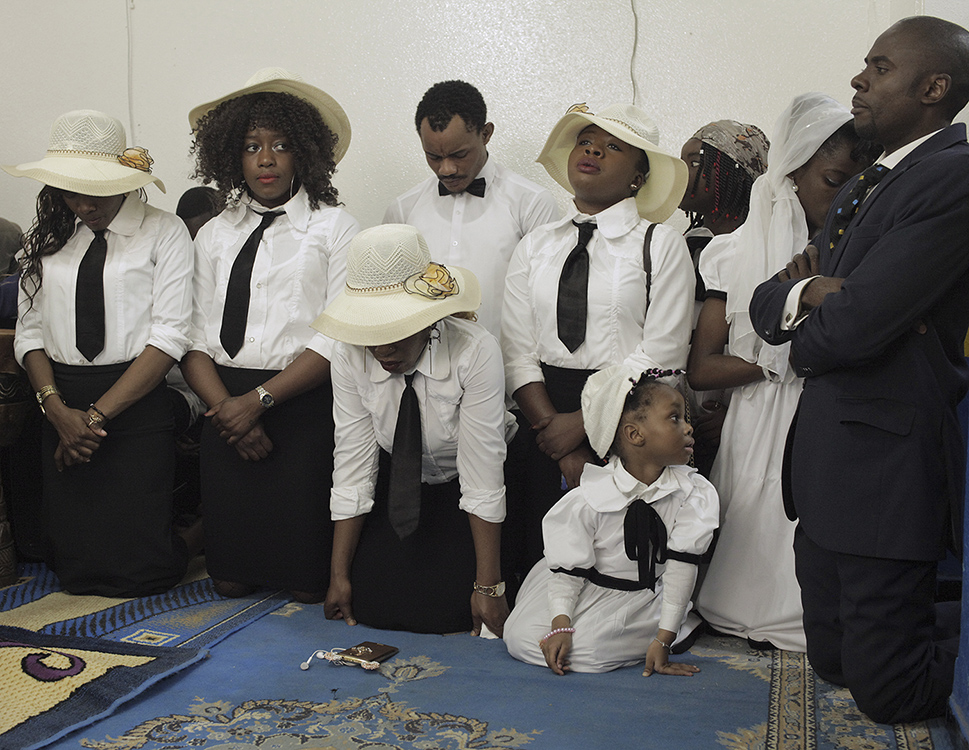
biography
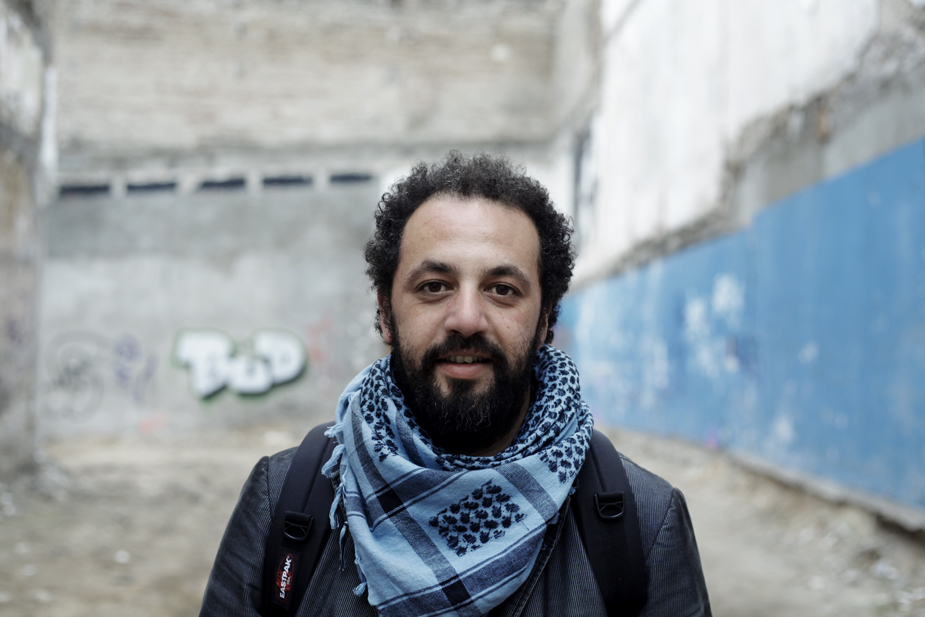
Malik Nejmi is a Franco-Moroccan photographer born in 1973, based in Orléan (France).
After a first photographic reportage in Benin in 1999, Malik Nejmi discovered and forged what would become, within an extreme variety of forms and techniques, the main focus of his work. It consists of two parts: one engaged, often taking the form of small photographic narratives where documentary investigation and anthropological questions (mainly in Africa) allow him to broaden the artistic melting pot and the reconquest of a territory linked to childhood and ritual. He often accompanies communities and families, his work being attached to this notion of belonging to the group.
The other, broader, is dedicated to reconnecting with Morocco, the country his father left to join France.
Malik Nejmi first leaves alone to return to his father’s country, following a man who talks about the country while walking, “we walk to disappear, when we no longer have an identity”, and meets everywhere “the gaze of a man sitting alone in his thoughts, the gaze of depression, the frozen image of the Arab who dreams of leaving…”. Malik Nejmi will eventually bring his father back to the land of denial, and lend him a sensitive geography to express himself. “The past, Daddy, is the tax on immigrants”. This work will be published in three volumes under the title “El Maghreb” (2001-2005).
In 2008 and 2009, he worked on the rejection suffered by disabled children in Africa, first at the Bamako Nursery, then in Kenya in a traditional Massai environment, and in Madagascar with twins from the village of Mananjary.
In 2009 he also participated in the Mosaics Public Order on cultural diversity in France and was invited to participate in the Paris Photo 2009 statement “Arab countries invited”.
In 2019, he is leading a project on the emergence of an informal Christian religious sector in Morocco with socio-anthropologist Sophie Bava and anthropologist Bernard Coyault. His images document the work of the two researchers at the crossroads of their anthropological fields in the J5 district of Rabat, where most of the migrants live.
In 2005, he received the Kodak Prize for Photographic Criticism, a special mention from the Jury of the 2006 Nadar Book Prize for the book El Maghreb, and the 2007 Photography Prize from the Academy of Fine Arts. In 2009, he received a research and exhibition support grant from the ACSÉ (Laos project, return to the land of ancestors and spirits), and in 2011 the CNAP grant for his Entrada project, an autobiographical migratory journey around major European cities (Barcelona, Marseille, Hamburg, Rotterdam …).
He has exhibited at the Rencontres Internationales de la Photographie d’Arles, the Cité Nationale de l’Histoire de l’Immigration, the Musée des Beaux-Arts d’Orléans, the Musée de Marrakech, the Rencontres Africaines de la photographie de Bamako, in Norway at the Fotofest, at the Cité Nationale de l’Histoire de l’Immigration and in Cambodia at the Pnom Phen Photo Festival.
His recent works are in the collections of the BnF, the HSBC foundation, the CNAP, the C.N.H.I. and the French Development Agency.
Series
 https://agencevu.com/wp-content/uploads/2022/11/NEJM23163-2018CL41.jpg
290
375
Editorial
/wp-content/uploads/2021/05/logo-vert-2.svg
Editorial2022-11-10 12:48:422022-11-14 12:57:20God Will Open the Sea, 2022
https://agencevu.com/wp-content/uploads/2022/11/NEJM23163-2018CL41.jpg
290
375
Editorial
/wp-content/uploads/2021/05/logo-vert-2.svg
Editorial2022-11-10 12:48:422022-11-14 12:57:20God Will Open the Sea, 2022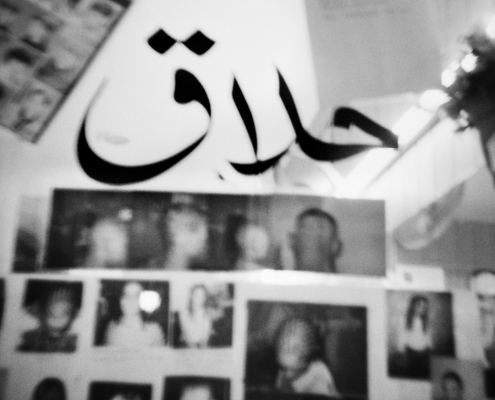
Ethnocape, 2014
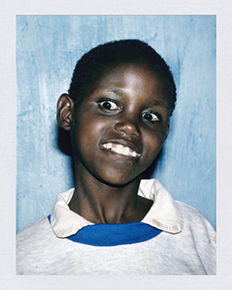
A bird in the hand worth two in the bush, 2009
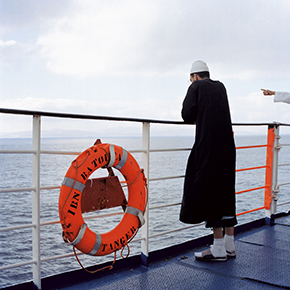
El Maghreb #3, 2005
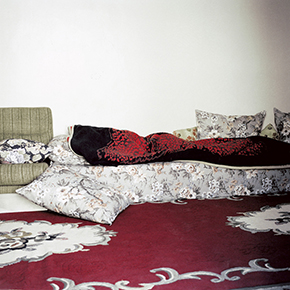
El Maghreb #2, 2004
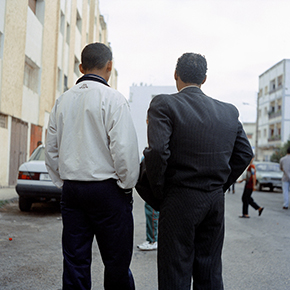
El Maghreb #1, 2001

God Will Open the Sea, 2022

Ethnocape, 2014

A bird in the hand worth two in the bush, 2009

El Maghreb #3, 2005

El Maghreb #2, 2004

El Maghreb #1, 2001

God Will Open the Sea, 2022
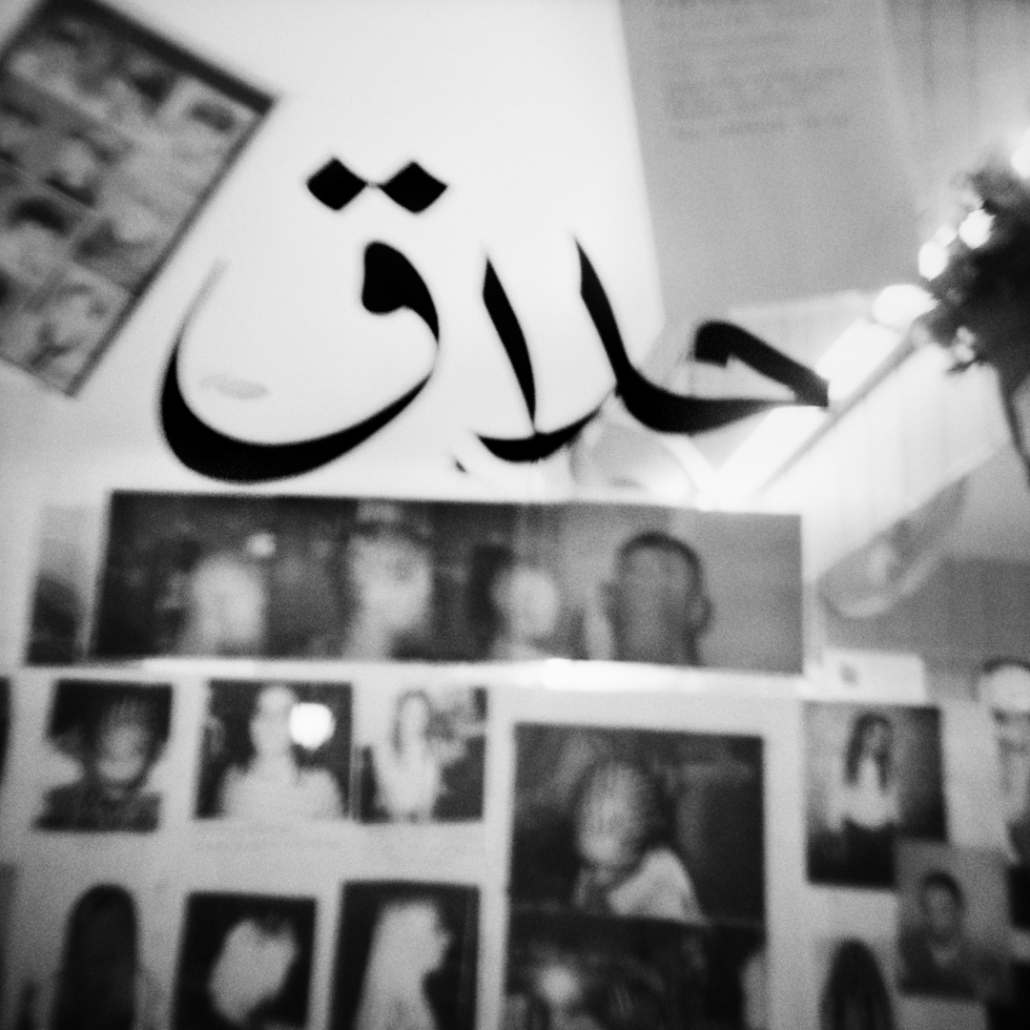
Ethnocape, 2014

A bird in the hand worth two in the bush, 2009

El Maghreb #3, 2005

El Maghreb #2, 2004

El Maghreb #1, 2001
Multimedia
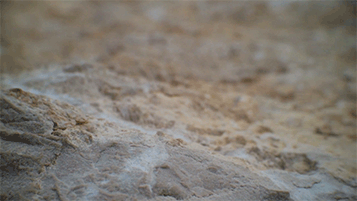
HAFA, 2018

Crossings, 2017
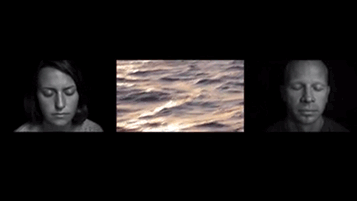
An odyssey, 2015
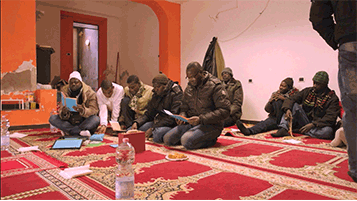
Les morts ne sont pas morts, 2014

HAFA, 2018

Crossings, 2017

An odyssey, 2015

Les morts ne sont pas morts, 2014

HAFA, 2018

Crossings, 2017

An odyssey, 2015

Les morts ne sont pas morts, 2014
Interviews
Portrait of Malik NEJMI, artist supported by the FNAGP patronage commission
ADAGP with the support of Arte Créative
—
2018
Portrait of Malik NEJMI, artiste supported by the FNAGP patronage commission.
Project title: Les morts ne sont pas les morts, 2014.
Polizones
RFIEA
—
2016
Within the framework of his research project with the Institutes for Advanced Studies, Malik Nejmi seeks to understand the Mediterranean area from the perspective of (re)conquest.
Exhibitions
BOOKS
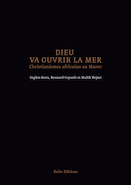
Dieu va ouvrir la mer - Christianismes Africains au Maroc
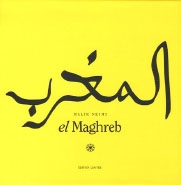
El Magreb

Dieu va ouvrir la mer - Christianismes Africains au Maroc
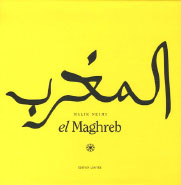
El Magreb

Dieu va ouvrir la mer - Christianismes Africains au Maroc

El Magreb
awards
2020
Support for creation, Centre National des Arts Plastiques
For ” Wess Wess “.
2018
Documentary photography grant, Centre National des Arts Plastiques
For ” God will open the sea “.
2015
Fellow research, Mediterranean Institute of Advanced Research (IMéRA Marseille)
For his research work in Tangier ” Lost and Found “.
Creation grant, Fondation des Artistes
For his research work on Senegalese migration (Dakar, Tangier)
2013-2014
Villa Medici, Académie de France à Rome
For “The Moroccan room” and the video “4160”
2009
Public commission, Centre National des Arts Plastiques
Mosaics, on cultural diversity in France.
2007
First prize in Photography at the Académie des Beaux-Arts
For ” A bird in the hand worth two in the bush”
2005
Special mention, Nadar Book Prize
Kodak Prize of the Photographic Critics
For “El Maghreb”
